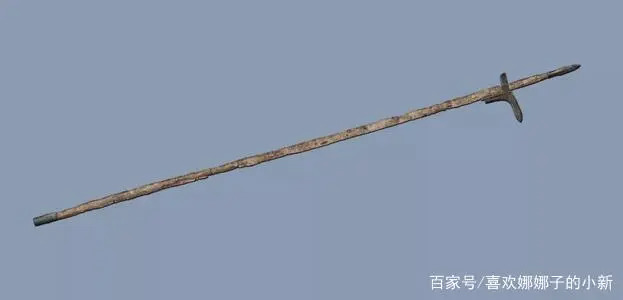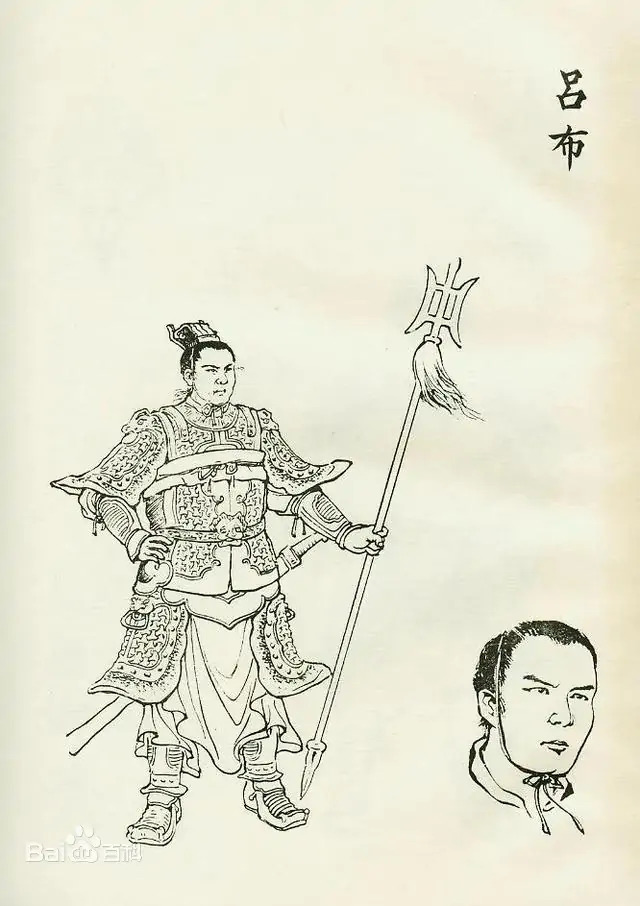Episode 2
Dong Zhuo
Oh this is… a fun one. For you, not for me, because “The Book of Later Han” doesn’t exist in an English translation. There are some excerpts out of order included in the Zizhi tongjian (Comprehensive Mirror in Aid of Governance), but the relevant chapters from that have also not been translated into English, as far as I can tell. So. Uh.
I did my best with the notes available on ctext and my own knowledge; this translation is obviously less reliable than actual professional translation (like Liu Bei’s biography excerpt I will post for episode 3), but hopefully it will still provide some context. Again, I just want to impress that as far as I can tell, some parts of this excerpt have never been translated into English, and so my ability to compare notes was limited.
That said, the Dong Zhuo entry in Rafe de Crespigny’s “A Biographical Dictionary of Later Han to the Three Kingdoms (23-220 AD)” is at least partially based on “The Book of Later Han” and has been invaluable in helping me make sense of the donghua card, as has been the baidu article on Dong Zhuo that is written in much simpler language than a Han dynasty chronicle.
I’m going to suffer similarly on episode 13, I believe – the ones before are either only referenced from historical records (and seem to be modern Chinese, though I haven’t yet had the chance to take a proper look), or have translations available. Zhao Yun’s biography, however, has not been translated from what I’ve seen.
Episode 2

From historical records on Dong Zhuo
Dong Zhuo, courtesy name Zhongying, was born in Lintao county in Longxi Commandery. He had a fierce and resourceful character, in his youth spent time among the Qiang 1 and befriended many distinguished people 2. After he returned home, many followed him, and Dong Zhuo had a lot of livestock slaughtered for a grand feast with them. His guests were impressed, and upon return, gathered a thousand heads of cattle to give him, acknowledging him as a great swordsman.
After the Emperor’s death, General-in-Chief He Jin and his subordinate officer Yuan Shao conspired to kill the eunuchs, but the Empress Dowager resisted, so He Jin ordered Dong Zhuo to bring the troops to the capital to threaten her.
When Dong Zhuo arrived, his foot and horse troops only numbered three thousand. That was too little, and in order to , Dong Zhuo for four or five days had the troops exit the camp every night, only to make a big show of them entering the next morning so Luoyang would think his army was getting reinforcements.
Dong Zhuo than took control of He Jin and his younger sworn brother Miao’s troops 3. He also convinced Lü Bu to kill the imperial guard Ding Yuan 4. Dong Zhuo’s army grew significantly.
Dong Zhuo gathered the officials in front of the Palace and threatened the Empress Dowager into deposing the Emperor Shao 5. He said: “The Emperor is in mourning and has no heart, he is not fit to be the Emperor. Remove him to be the Prince of Hongnong.”
– excerpt from “The Book of Later Han” – Biography of Dong Zhuo
Once more, read more for 2000-years-old spoilers!
Liu Bian is depicted as a child here, but it is likely he was 17 when Dong Zhuo came. Admittedly, “The Book of Later Han” contradicts itself on this in different chapters - he could be 13.
As you can see from the above excerpt, Yuan Shao was… very much there when it happened. In fact, he and Dong Zhuo had a discussion about deposing Liu Bian in favor of Liu Xie - and Yuan Shao was against it. In the end, Yuan Shao left the city and Dong Zhuo had to be persuaded not declaring him a wanted man.
A massacre did happen, but that was before Liu Bian was deposed, it seems.
You might be wondering about Lü Bu’s weapon - I certainly was. It is a ji (戟) - sometimes translated as a spear or a halberd. This is how historical ji typically look like:

This, however, is how Lü Bu is often depicted.

It seems to be a later modification? It’s actually a bit confusing, in all honesty, but it’s definitely used in modern martial arts. Regardless, the donghua continues the tradition of depicting the Sky Piercer this way.
In general, Lü Bu is quite a legendary character, in part thanks to his depiction in “The Romance of the Three Kingdoms”. There are a lot of legends about him that we might or might not see later in the donghua, so I’ll save them for now. I’ll just say that his horse - Red Hare - is almost equally famous, to the point where it was said “Among men, Lü Bu; Among steeds, Red Hare.”
I’m not sure if the numbers of murdered ministers and other officials has any basis; if they do, I haven’t been able to find any indication of that. Dong Zhuo did use his power to have some officials executed; and there was a massacre beforehand where along with the eunuchs, many young men in the palace were killed, but the massacre depicted in the donghua seems to be greatly exaggerated.
The Sima family was indeed caught in Luoyang at the time of these events. It also seems to be true that Sima Lang was at some point arrested. His escape, however, was far less dramatic - he bribed his way out.
As for the first encounter with the legendary trio of sworn brothers - I’ll leave that for the next time, when I will present to you the excerpt from Liu Bei’s biography.
-
Qiang – ethnic group from northwestern Sichuan ↩
-
distinguished people – not necessarily nobles, from what I understand, but usually people in power, could refer to rebel leaders or tribal chiefs, for example. I ran into a bit of a cursed loop with this word – one of the sentences used to showcase the usage of it on baidu was… the very same sentence from “The Later Book of Han” I was trying to figure out. ↩
-
This abridged version kinda… skips the moment He Jin and He Miao die. He Jin was killed by the eunuchs, while He Miao was killed by He Jin’s faction for sympathizing with the eunuchs. Politics. ↩
-
Lü Bu was Ding Yuan’s protege, but looks like that’s not mentioned in Dong Zhuo’s biography. ↩
-
Emperor Shao – Liu Bian ↩
